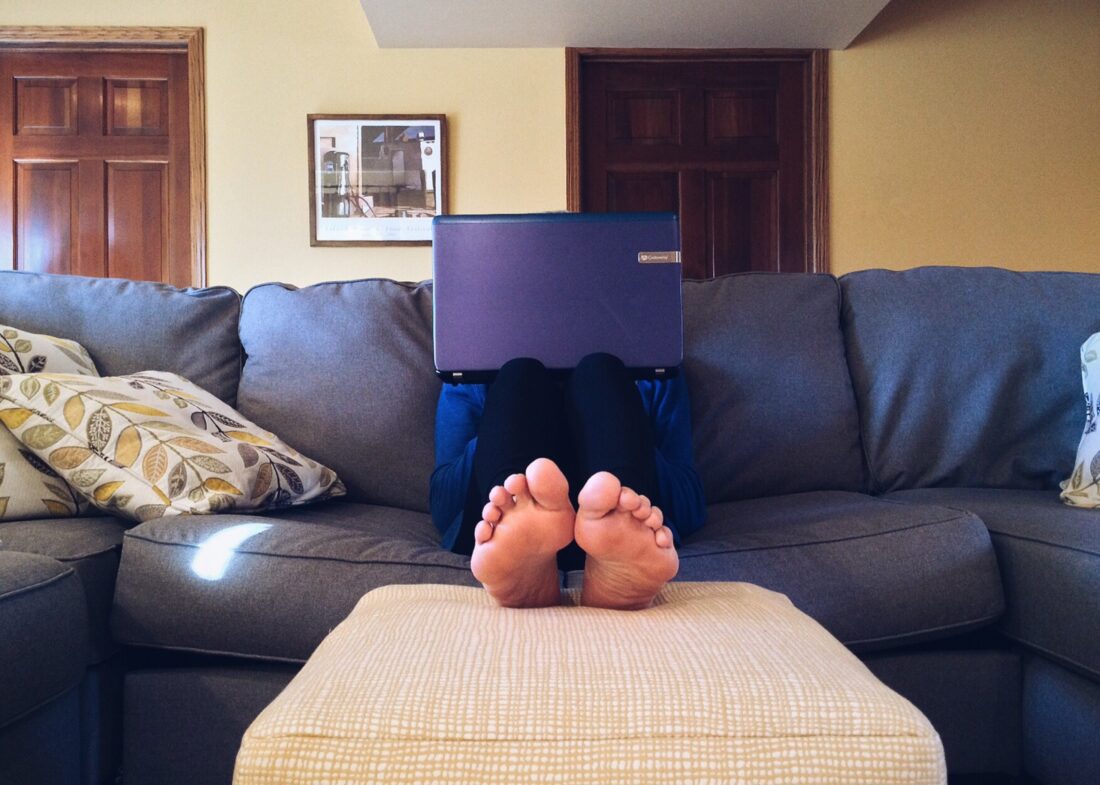Background Checks for WFH Employees: How to Put Your Mind at Ease
Employers routinely do background checks on all of their new hires. Part of that process is meeting the prospective employee face-to-face to get a measure of the person applying. The necessity of finding good employees upon whom you can count on is no different when considering employees who will work from home even without the face-to-face contact.
Effective Screening
You have to find out if the prospective employee has any past documentation that would prevent the person from working in your field. An example would be in the field of healthcare, and if your applicant has had any disciplinary actions that exclude the person from working in healthcare.
Following that, you can proceed with the standard row of screening processes:
- Checks on the person’s Social Security number
- Verification of education and qualifications
- Checks of criminal history
- Ensuring any applicable licenses are current
- Paperless drug testing
Technology
It’s usually best to have an applicant tracking system in place. You can categorize all of your applicants and keep track of all relevant documents and search results for each applicant. Through this system, it’s also much easier to communicate with applicants from all over the world. Instead of at the end of long drives or plane rides, you can conduct business with just a few clicks, saving both time and money.
It’s also usual that you complete the screening process using assorted methods. Don’t just call the person. Contact the person through email, video chat, and even fax if necessary. Check the person’s listings in third-party databases. Cover your bases multiple times.
Staying Within the Law
Even in a remote world, there are laws that apply to the screening process of WFH employees. It behooves your company to be familiar with the laws of many jurisdictions because your prospective employees will come from all over the world. As an example, privacy laws might be different in other countries.
Conclusion
It’s a new world after the pandemic. Nearly half of all people have been exclusive WFH employees over the last two-and-a-half years. Your screening processes have to keep up with the times.
Have questions? Speak to a Private Eyes expert for more information.
